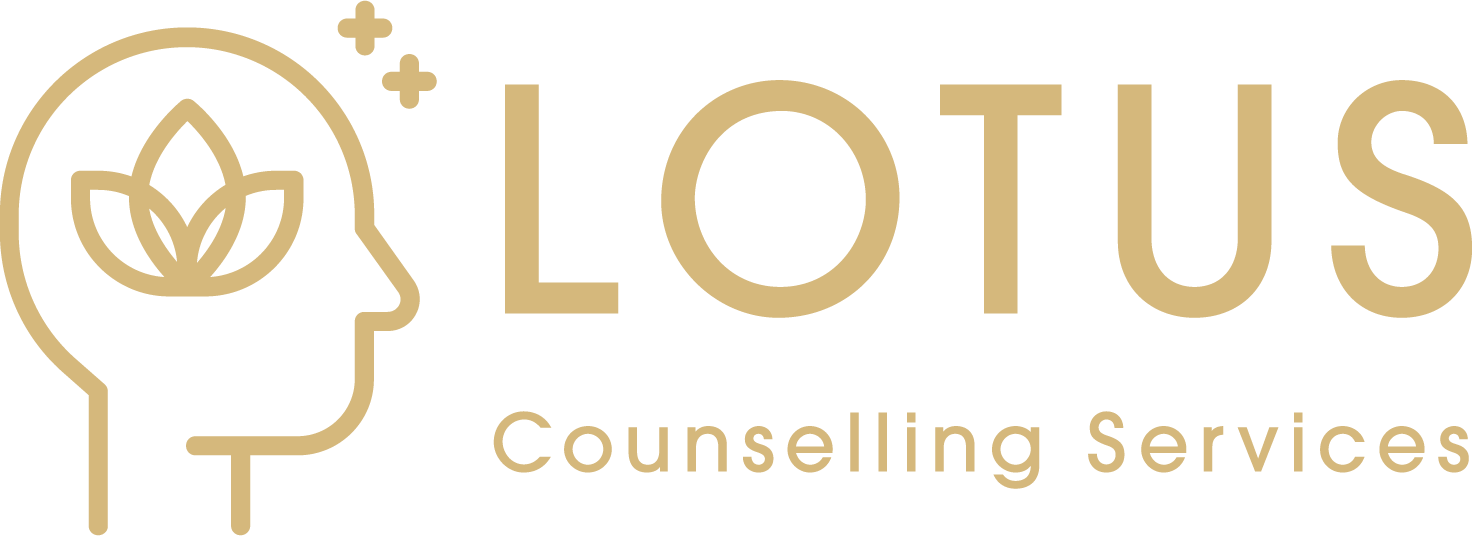
Dialectical Behaviour Therapy (DBT)
Dialectical Behaviour Therapy (DBT) is an evidenced based psychotherapy that is suitable for people struggling to regulate their emotions and is a frontline treatment for persons living with Borderline Personality Disorder (BPD).
At Lotus, we get a lot of inquiries about DBT and want to be very transparent about what we can offer and what we cannot offer. Many of our clinical team members have specialized training in DBT and have several years of delivering DBT with clients. We offer individual services with those specialized staff.
At this time, we do not offer a comprehensive DBT program. Our experience is that individuals seeking DBT are matched with a service that meets the intensity of the person's needs. In DBT, we understand this intensity through the 'three stages'.
-
Life Threatening Behaviours: this includes suicidal behaviour, self-injurious/self-harming behaviour, substance abuse, and severe disordered eating. We cannot meet the intensity of the needs of people in this stage and would not be the best fit for you. We can provide a list of programs who do provide services at this intensity level, either through a specialized hospital or private Standard DBT Program.
-
Therapy Interfering Behaviours: these are behaviours that may get in the way of traditional therapy and with DBT we expect them to show up. Whether you are having difficulty experiencing your emotions, not completing homework, showing up late or asking to leave early - these behaviours are aptly named because they interfere with your therapy. We will offer services to individuals in this stage and are advocates of the use of 'fair but firm' boundary setting.
-
Quality of Life Behaviours: this often looks like relationship difficulties, low self-esteem, lack of purpose or life enjoyment. In this stage we can offer support to client’s working in sync with values to increase self-efficacy and self-respect.
Frequently Asked Questions About DBT
What is emotional dysregulation?
Emotional Dysregulation is an experience in which emotions are relatively too big or last too long for the situation that prompted them (relative to the average person). The way these emotions are expressed can feel outside of your control and are typically not aligned with how you would wish to respond.
If I am dysregulated, does that mean I have BPD?
No, not necessarily. Many mental health conditions are associated with emotional dysregulation.
How does DBT work?
DBT is a type of therapy that offers four different skill components for clients to learn and practice over time. Much in the same way that a person does not learn to dribble a basketball then immediately join the NBA, these skills are repeatedly practiced and tracked to recognize the growth of skillful behaviour over time.
What are the four core skills in DBT?
Mindfulness: A continuous skill of having non-judgemental awareness of our internal and external experiences.
Emotion Regulation: Skills for when strong emotions are arising but the individual is still able to act skillfully in response
Distress Tolerance: Skills for when an emotion feels overwhelming and urges for problematic behaviour arise.
Interpersonal Effectiveness: Skills for effectively communicating with others to help one get their needs met.




